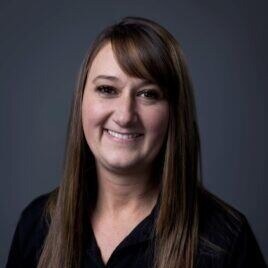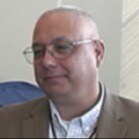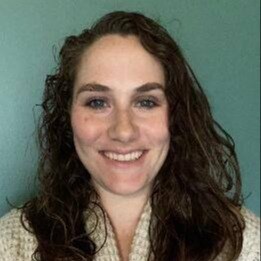Online Energy Education –
Designed by Industry, for Industry
The Energy Providers Coalition for Education (EPCE) represents energy employers across the country working together to create, sponsor and offer easily accessible online education and training pathways for the energy workforce. EPCE’s industry-endorsed education and training has helped thousands of individuals gain a competitive advantage.
Important Registration Deadlines
Registration Now Open
Courses Start Every 3-5 Weeks
Register Now for Fall
Fall Term Starts August 20
Register Now for Fall
Fall Term Starts August 21, 2025
Excelsior University
Fall Registration Opens 6/16/25
- Fall I (9/1/25 - 10/26/25)
- Fall II (10/27/25 - 12/21/2025)
Explore More of EPCE
Energy Programs
Our regionally accredited online education and training programs are designed to build upon one another, meaning you’re always ready for what’s next in the energy industry.
Education Partners
Whether you're just starting your career or seeking to expand your expertise, you'll find valuable opportunities to help you succeed.
Energy Careers
The energy sector doesn’t just power homes & businesses, it powers the careers that keep our economy moving. Learn more about careers in the energy sector.
EPCE Members
EPCE members represent energy companies who collaborate with accredited education providers on the right programs and curriculum to meet their workforce needs.
Inspiring Student Success Stories
“The M.B.A. (from Excelsior University) definitely has provided me with tools that I can apply immediately and learning that I can share with my peers.”

Leigh Mason
Excelsior University
“The classes have helped to extend my general plant and system knowledge, and I’ve been able to use a lot of that knowledge in my current operator training.”

Phillip Washington
Bismarck State College
“I believe this degree will help to be more confident in any changes or challenges that will take me out of my comfort zone.”

Rigoberto Milla
Worcester Polytechnic Institute
“There was something in every EPCE course that I could take and apply to my job – you can’t say that about too many programs.My education has completely underwritten the successes I’ve had and continues to open the door for new opportunities.”

Josh Pepple
Excelsior University
“A lot of the professors at BSC aren’t just professors –they actually work in the industry in the field so they have the knowledge to really help you understand the material.”

Michelle Opon
Bismarck State College
“When I work with the electrical system planning folks now, I have an appreciation and understanding of what they’re looking at in a way that I wouldn’t have otherwise.”

Brian Majerowicz
Worcester Polytechnic Institute
“(The online Associate of Applied Science in Electric Power Technology program at Bismarck State College) definitely helped me better understand the energy field and provided me with a great foundational overview that helped me when I was doing my on-the-job training.”

Paige Lubahn
Bismarck State College
.png?width=439&height=116&name=Untitled%20design%20(11).png)

















